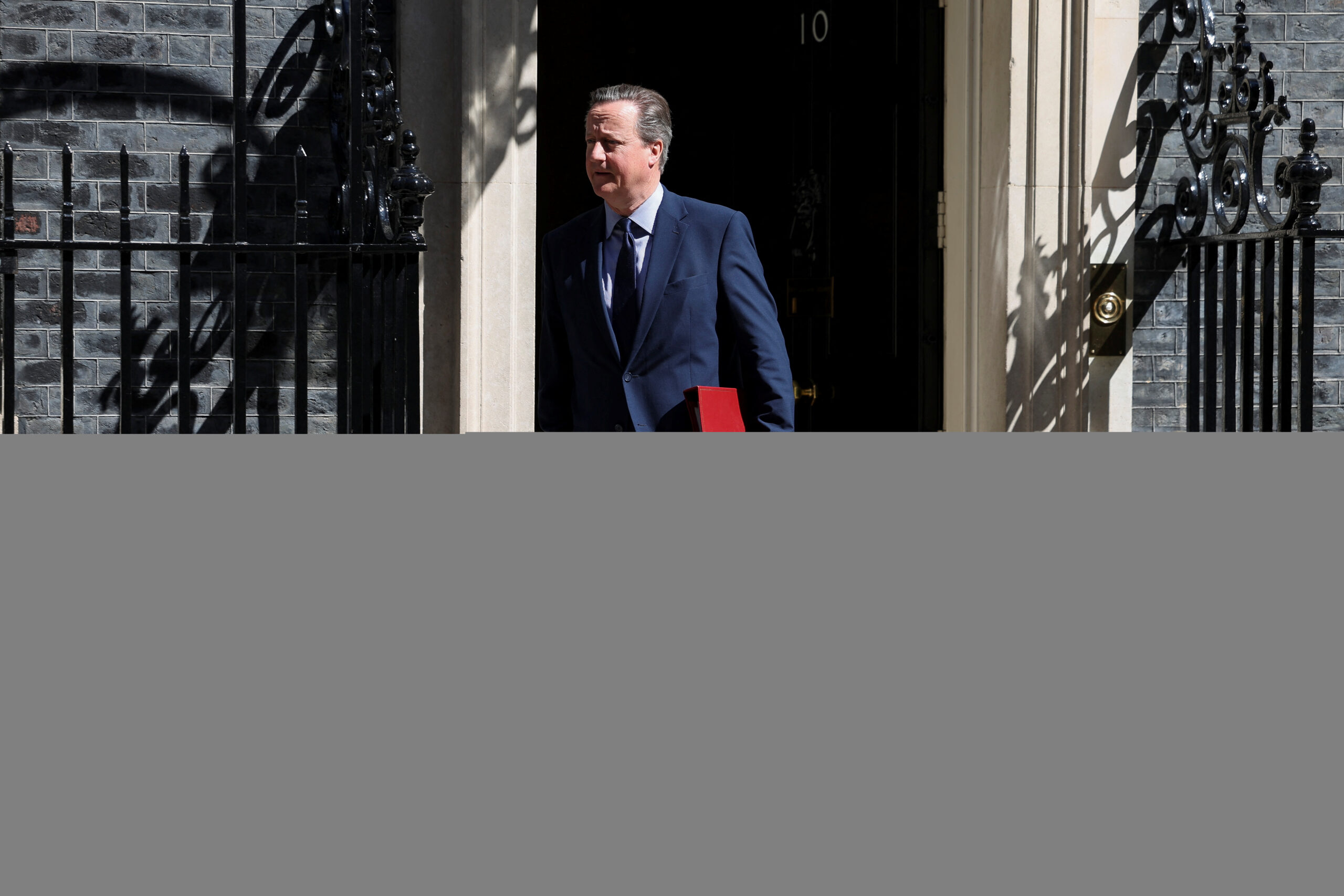Britain’s foreign secretary David Cameron will urge its fellow NATO allies to become tougher and more assertive. In his first major speech to be delivered on Thursday, the British foreign secretary is also expected to urge his Nato partners to meet their pledge to spend 2% of GDP on defence.
“If (Russian President Vladimir) Putin’s illegal invasion teaches us anything, it must be that doing too little, too late only spurs an aggressor on,” he will say. “…This cannot go on. We need to be tougher and more assertive.”
Speaking about the alliance, he is expected to say that NATO must “out-compete, out-cooperate and out-innovate” and that Britain must not only bolster existing alliances but also forge new partnerships around the globe.
“We are in a battle of wills. We all must prove our adversaries wrong – Britain, and our allies and partners around the world,” Cameron will say at the UK’s National Cyber Security Centre, according to extracts released by his office.
“The upcoming NATO summit must see all allies on track to deliver their pledge made in Wales in 2014 to spend 2% on defence. And we then need to move quickly to establish 2.5% as the new benchmark for all NATO allies.”
Britain has been one of the most vocal and active backers of Ukraine in the wake of the invasion by Russia, and Cameron, a former prime minister, will say many nations are not learning the lessons of that conflict. Some in Europe seem unwilling to spend on defence while war rages nearby, Cameron will say, adding that while some nations have criticised attacks on shipping in the Red Sea, only Britain and the United States have carried out strikes in retaliation.
Last month, Prime Minister Rishi Sunak said British defence spending would increase to 2.5% of GDP by 2030 – an additional 75 billion pounds ($94 billion) over the next six years.
(Reuters and other agencies)
Traveller, bibliophile and wordsmith with a yen for international relations. A journalist and budding author of short fiction, life is a daily struggle to uncover the latest breaking story while attempting to be Hemingway in the self-same time. Focussed especially on Europe and West Asia, discussing Brexit, the Iran crisis and all matters related is a passion that endures to this day. Believes firmly that life without the written word is a life best not lived. That’s me, Ashwin Ahmad.





